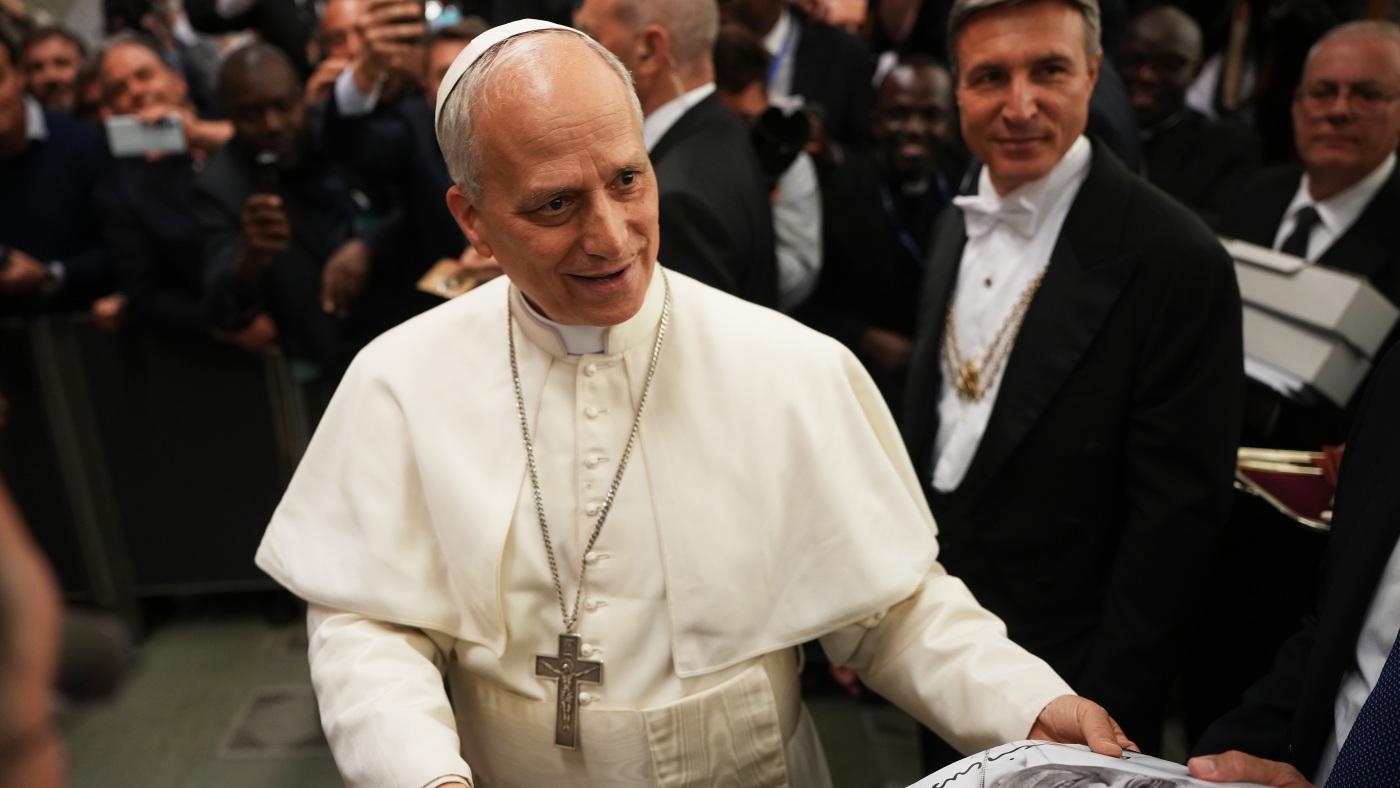The Power of Words in a Divided World
In an era marked by global conflicts and rapid technological advancements, Pope Leo XIV’s address to journalists at the Vatican serves as a timely and profound call to action. The Pope underscores the critical role of the media in harnessing the power of communication as a tool for peace. This message is particularly relevant amidst the backdrop of ongoing tensions in regions such as Lebanon, Syria, Ukraine, and Gaza, where the destruction of cultural heritage and human lives underscores the urgency of fostering dialogue and understanding.
The Pope’s words resonate with a timeless truth: words possess an immense power to either heal or harm. Journalists, as purveyors of information, hold a unique responsibility in shaping public opinion and influencing societal attitudes. In a world rife with division, the choice to communicate with empathy, understanding, and a steadfast commitment to truth can bridge gaps and foster meaningful dialogue. This approach is not merely idealistic but practical, offering a pathway to mitigate conflicts and promote harmony.
The War of Words and the Call for Disarmament
Pope Leo XIV’s plea to disarm words and reject the “war of words” is a poignant reminder of the ethical responsibilities that journalists bear. The media landscape is often characterized by polarizing rhetoric and partisan language, which can exacerbate divisions and foster a culture of hostility. The Pope’s message calls for a paradigm shift towards a more compassionate and thoughtful approach to communication. This involves prioritizing listening, amplifying marginalized voices, and promoting a narrative that seeks to unite rather than divide.
Journalists must recognize that their words have the power to either escalate tensions or de-escalate conflicts. By adopting a more empathetic and inclusive tone, they can contribute to a more peaceful and just society. This requires a conscious effort to avoid sensationalism and to focus on stories that highlight common humanity and shared aspirations. In doing so, journalists can play a pivotal role in fostering a culture of peace and understanding.
The Role of Artificial Intelligence
The integration of artificial intelligence (AI) into the media landscape adds another layer of complexity to the discussion. AI has the potential to both enhance and complicate communication. On one hand, AI can amplify the positive impact of communication by providing more accurate and timely information. On the other hand, it can also exacerbate existing divisions if not used responsibly. The Pope’s call for responsibility and discernment in the use of AI underscores the need for ethical guidelines and a commitment to using technology for the greater good.
Journalists must be vigilant in ensuring that AI is used to promote truth and understanding rather than to spread misinformation and division. This involves developing ethical frameworks that prioritize transparency, accountability, and the protection of privacy. By doing so, journalists can harness the power of AI to create a more informed and inclusive media landscape.
Freedom of Speech and the Press
Pope Leo XIV’s advocacy for the release of imprisoned journalists and his affirmation of free speech and the press are crucial in the current global landscape. Journalists often face significant risks in their pursuit of truth, and the Pope’s support for their freedom is a powerful statement. Free speech and a free press are essential for a functioning democracy and for holding power accountable. By championing these values, the Pope reinforces the importance of an independent and ethical media.
The freedom to report without fear or favor is a cornerstone of a democratic society. It enables journalists to uncover truths, expose injustices, and hold those in power accountable. The Pope’s call for the release of imprisoned journalists is a reminder of the ongoing struggles faced by journalists around the world. By advocating for their freedom, the Pope underscores the importance of protecting the rights of journalists and ensuring that they can continue to fulfill their vital role in society.
The Message for the 2025 World Day of Social Communication
Pope Leo XIV’s conclusion, referencing Pope Francis’ message for the 2025 World Day of Social Communication, provides a roadmap for journalists. This message likely emphasizes the need for dialogue, truth, and peace in communication. By aligning with this message, the Pope encourages journalists to adopt a global communication ethic that prioritizes these values.
The 2025 World Day of Social Communication will serve as an opportunity for journalists to reflect on their role in promoting peace and understanding. It will also provide a platform for discussing best practices and ethical guidelines for responsible communication. By embracing this message, journalists can contribute to a more harmonious and just world.
Unity and Peace: Recurring Themes
Unity and peace were recurring themes in Pope Leo XIV’s address. These themes resonate deeply in a world torn apart by conflict and division. The Pope’s call for unity and peace is not just a moral imperative but also a practical necessity. By fostering unity and promoting peace, journalists can contribute to a more harmonious and just world.
Journalists have a unique opportunity to bridge divides and promote understanding. By choosing to communicate with empathy, understanding, and a commitment to truth, they can foster dialogue and understanding, even in the most divisive circumstances. This requires a conscious effort to avoid sensationalism and to focus on stories that highlight common humanity and shared aspirations.
Conclusion: A Call to Action
Pope Leo XIV’s address to journalists is a clarion call to action. It is a reminder of the profound responsibility that journalists hold in shaping public discourse and influencing societal attitudes. By choosing to communicate with empathy, understanding, and a commitment to truth, journalists can foster dialogue and understanding, even in the most divisive circumstances. The Pope’s message is a beacon of hope, urging us all to disarm words and help to disarm the world. In doing so, we can create a more peaceful and just world, one word at a time.

